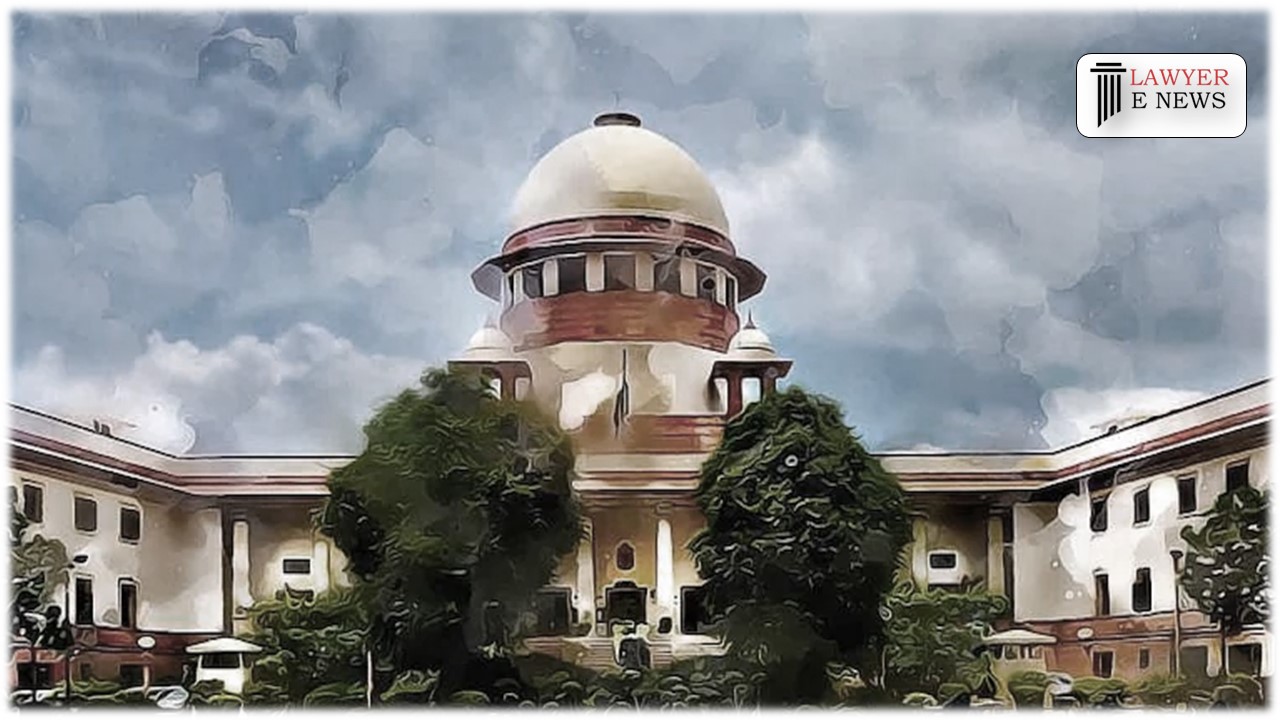-
by sayum
14 February 2026 2:22 PM



High Court’s Rejection of Discharge Application Overturned in Marital Dispute Suicide Case
In a landmark ruling the Supreme Court of India set aside the Bombay High Court’s order and discharged Rohini Sudarshan Gangurde from charges under Section 306 of the Indian Penal Code (IPC), which pertains to abetment of suicide. The bench, comprising Justices Vikram Nath and Satish Chandra Sharma, emphasized the necessity of a direct and active role in instigation for charges to hold, thereby granting the appeal of the accused.
Rohini Sudarshan Gangurde was accused of abetting the suicide of her husband, Sudarshan Gangurde, who hanged himself on February 17, 2020. The allegations, made by the deceased’s mother, Usha Gangurde, included claims of physical and mental harassment, demands for money, and coercion to transfer property. The complaint was supported by statements from colleagues of the deceased, but the appellant argued that the deceased’s alcohol addiction and marital disputes were the underlying issues.
The Supreme Court meticulously examined the evidence and found no substantial proof linking the appellant’s actions to the suicide. Justice Vikram Nath noted, “Abetment involves a mental process of instigating a person or intentionally aiding a person in doing of a thing. Without a positive act on the part of the accused to instigate or aid in committing suicide, conviction cannot be sustained.” The judgment highlighted that the prosecution failed to demonstrate any active or direct instigation by Rohini Gangurde that led to her husband’s suicide.
The court underscored the legal principles governing Section 306 IPC, read with Section 107 IPC, which defines abetment. The judgment cited precedents such as S.S. Chheena v. Vijay Kumar Mahajan and Amalendu Pal v. State of W.B., reiterating that mere allegations of harassment are insufficient without proof of a direct act of incitement. The bench stated, “To convict a person under Section 306 IPC there has to be a clear mens rea to commit the offence. It also requires an active act or direct act which led the deceased to commit suicide seeing no option.”
Addressing the witness statements, the court found them lacking in evidentiary value. The claims of harassment and abuse were not supported by substantial evidence, and there was no indication that the appellant had ever suggested or encouraged the deceased to take his own life. The judgment clarified that sporadic marital disputes, without more, do not constitute abetment.
Justice Nath succinctly encapsulated the court’s reasoning: “The appellant has not played any active role or any positive or direct act to instigate or aid the deceased in committing suicide. Neither the statement of the complainant nor that of the colleagues of the deceased suggest any kind of instigation by the appellant to abet the commission of suicide.
The Supreme Court’s decision to discharge Rohini Sudarshan Gangurde underscores the stringent requirements for proving abetment of suicide under Indian law. By reaffirming the necessity of direct instigation and active involvement, the judgment sets a significant precedent in safeguarding individuals from unfounded charges in marital disputes. This ruling not only clarifies the legal standards for abetment but also reinforces the judiciary’s commitment to upholding justice based on substantive evidence.
Date of Decision: July 10, 2024
Rohini Sudarshan Gangurde vs. The State of Maharashtra & Anr.
